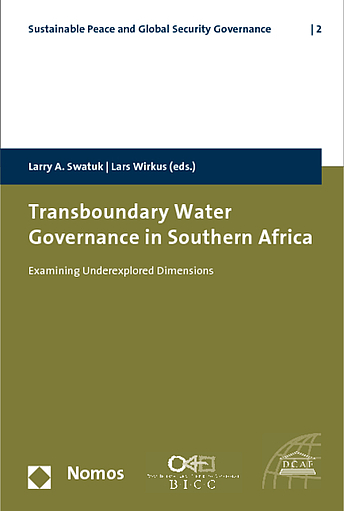This collection of Southern African case studies is intended to contribute to the burgeoning literature on transboundary water governance (TBWG) particularly as it applies to areas of the Global South. Specifically, the collection interrogates the idea of the ‘boundary’. Transboundary Management is most commonly conceived of as the management of surface and groundwater shared by two or more sovereign states. This conceptualization is codified in international law devised in the first instance as bilateral agreements concerning specific uses of (primarily surface) water, often along specific stretches of river. Through time, these practices have been upscaled to generalized principles expressed as rules, norms and procedures for the management of all ‘international rivers’. While the world’s states seem to be moving steadily toward an accepted framework for transboundary water resources management (TBWRM), it should be noted that the de facto use of much of the world’s shared freshwater resources remains outside this mostly ideal-typical framework. Indeed, in contrast to the rationally constructed framework for the management of water in all its forms and across all uses, de facto management – at whatever social scale – reflects water’s changing role and place within the history of uneven global development.
- Zurück
- ...Länderstudien (ohne europäische Länder)
- Transboundary Water Governance in Southern Africa
Über Nomos
Service
Sicher bezahlen
Kontakt
- Nomos Verlagsgesellschaft
- Waldseestraße 3-5
- 76530 Baden-Baden
- Tel: +49 (0) 7221 2104-222
- E-Mail: service@nomos.de
© 2024 Nomos Verlagsgesellschaft mbH & Co. KG


